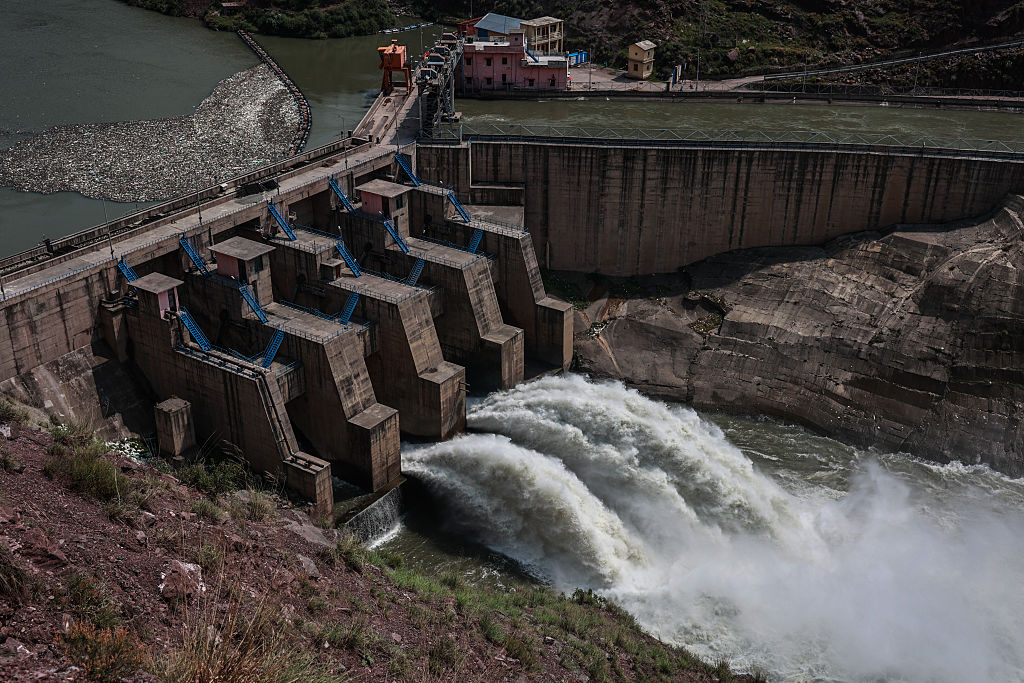World
From flow to fallout: India blocks water flow to Pakistan

In a dramatic escalation of Indo-Pakistani tensions, Indian Home Minister Amit Shah on Saturday, June 21, 2025, declared that the Indus Waters Treaty—a cornerstone of regional water-sharing for over six decades—will never be restored.
Shah said water that has historically flowed to Pakistan under the pact will now be fully diverted for domestic use within India.
Speaking in an exclusive interview with the Times of India, Shah stated bluntly: “No, it will never be restored.”
He added that India will begin redirecting water once allocated to Pakistan to Rajasthan by constructing a canal, accusing Pakistan of “unjustifiably” benefiting from India’s rivers for decades.
The landmark 1960 Indus Waters Treaty, brokered by the World Bank, governs the use of six rivers shared by India and Pakistan.
It guaranteed Pakistan access to the three western rivers of the Indus basin—Indus, Jhelum, and Chenab—which collectively supply water to more than 80% of Pakistan’s irrigated farmland.
India suspended its participation in the treaty following a deadly terrorist attack last year in Indian-administered Kashmir that killed 26 civilians.
Delhi accused Islamabad of harboring the attackers—a claim Pakistan has repeatedly denied.
Despite a ceasefire reached last month between the two nuclear-armed neighbors, the water accord remains in limbo.
“Pakistan will be starved of water that it has been getting unjustifiably,” Shah said.
His comments mark the strongest rejection yet of any future dialogue on the issue and appear to cement the Modi government’s hardened stance.
India’s decision to abandon the treaty follows reports last month that Delhi intends to increase significantly the amount of water it diverts from the western rivers to irrigate land within India.
The move is widely viewed as a form of geopolitical pressure on Islamabad.
Pakistan’s foreign ministry did not immediately respond to the latest remarks.
However, it has previously warned that any unilateral attempt to block the flow of water would constitute an “act of war.”
Islamabad is reportedly weighing legal options to challenge India’s move under international law.
The dispute over water rights has long been a flashpoint between the two countries, both of which depend heavily on Himalayan-fed rivers for agriculture and drinking water.
Analysts warn that the unraveling of the Indus treaty, considered one of the world’s most successful water-sharing agreements, could mark the beginning of a new era of hydro-political conflict in South Asia.
International observers and environmental experts have also voiced concern, cautioning that altering river flows without cooperation could have devastating ecological and humanitarian consequences on both sides of the border.
As New Delhi moves to assert greater control over water resources, Islamabad faces mounting pressure to respond diplomatically—or otherwise—in what may become a defining test of regional stability.
For Diaspora Digital Media Updates click on Whatsapp, or Telegram. For eyewitness accounts/ reports/ articles, write to: citizenreports@diasporadigitalmedia.com. Follow us on X (Fomerly Twitter) or Facebook












